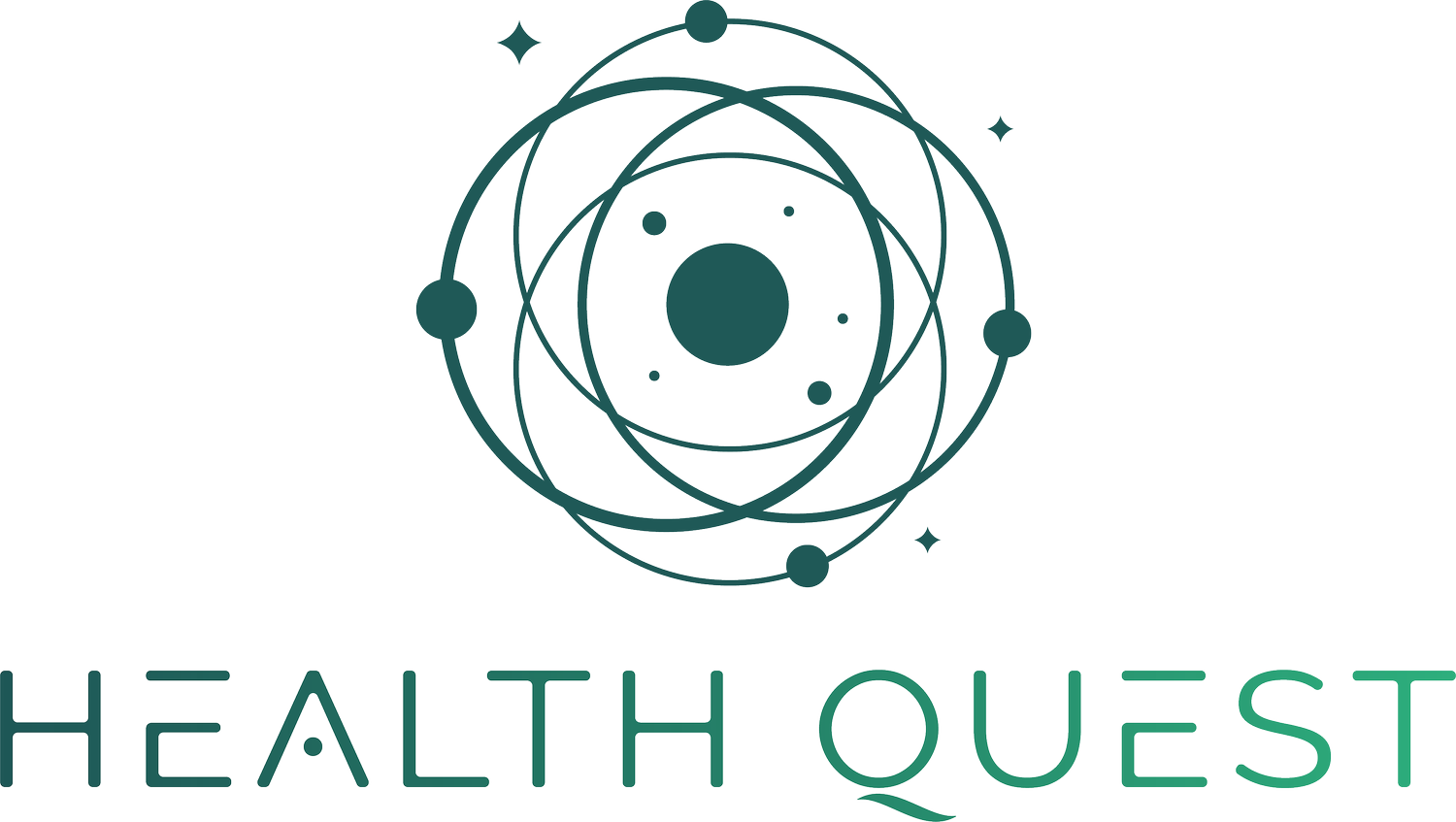October is ADHD Awareness Month
Addressing Myths about ADHD and Treatment
Debunking 6 myths about ADHD
Attention Deficit Hyperactivity Disorder (ADHD) is one of the most commonly diagnosed neurodevelopmental conditions. 11.4% of children in the US have been diagnosed with ADHD. And yet, despite decades of research, countless personal stories, and increasing awareness, myths and misinformation about ADHD still persist.
Whether you're someone who has ADHD, love someone who does, or are just trying to understand it better, it's important to separate fact from fiction. Let’s unpack some of the most common myths about ADHD.
MYTH 1: ADHD Is an Excuse for Laziness or Bad Behavior
Truth: ADHD is a real, medically recognized condition that affects brain function — especially in areas that control attention, impulse regulation, motivation, and executive function. It’s not a matter of willpower or discipline.
People with ADHD often want to focus, follow through, and behave “appropriately,” but their brains are wired differently. This isn’t about making excuses — it’s about understanding how the brain works and offering the right support.
MYTH 2: Only Hyperactive Boys Have ADHD
Truth: ADHD affects people of all genders and ages. While hyperactivity may be the most visible symptom — especially in young boys — many people (particularly girls and adults) experience inattentive-type ADHD, which can look more like daydreaming, forgetfulness, or disorganization.
Because it's less disruptive, inattentive ADHD often gets overlooked or misdiagnosed. As a result, many don’t get the diagnosis or help they need until adulthood.
MYTH 3: You Outgrow ADHD
Truth: ADHD doesn't just go away with age. While some children may see a reduction in symptoms over time, many continue to experience ADHD into adulthood.
In fact, adult ADHD often presents differently — showing up as chronic procrastination, difficulty managing time, forgetfulness, emotional dysregulation, and trouble starting or completing tasks. These can seriously impact relationships, work, and self-esteem if left unaddressed.
MYTH 4: Medication Is a “Quick Fix” or Too Dangerous
Truth: ADHD medications like stimulants are recommended as the first line approach to treating ADHD because of how effective they are. Stimulants have been extensively studied and while they may not be suitable for every person, in general there are few side effects when taken as prescribed. Stimulants don’t cure ADHD, but they can dramatically improve focus, impulse control, and quality of life.
It is important to tailor treatment to each individual, which is why a treatment plan with medication should also include therapy, coaching, or skill-building as well.
MYTH 5: People With ADHD Just Need to Try Harder
Truth: Telling someone with ADHD to “just focus” is like telling someone with a broken leg to “just walk it off.”
ADHD is a neurological condition, not a motivation issue. People with ADHD often try incredibly hard just to keep up with what others find effortless. What they need isn't shame or pep talks — it’s understanding, tools, and strategies that work with their brains, not against them.
MYTH 6: ADHD Is Overdiagnosed
Truth: This is a controversial one — but the data suggests that ADHD is actually underdiagnosed in many populations, particularly in girls, women, people of color, and adults.
Increased awareness and diagnosis doesn’t necessarily mean overdiagnosis. It can also mean we’re finally recognizing the full spectrum of how ADHD shows up across different ages, cultures, and personalities.
So What Really Helps?
Effective ADHD treatment is highly individualized, but may include:
Medication: Stimulants or non-stimulants, which are prescribed by a medical professional..
Therapy: Helps address negative thought patterns and develop coping strategies.
Coaching and Skills Training: To build executive function skills like planning, time management, and organization.
Lifestyle Support: Sleep, nutrition, exercise, and mindfulness all play a powerful role.
Education and Community: Understanding ADHD and connecting with others can reduce shame and isolation.


